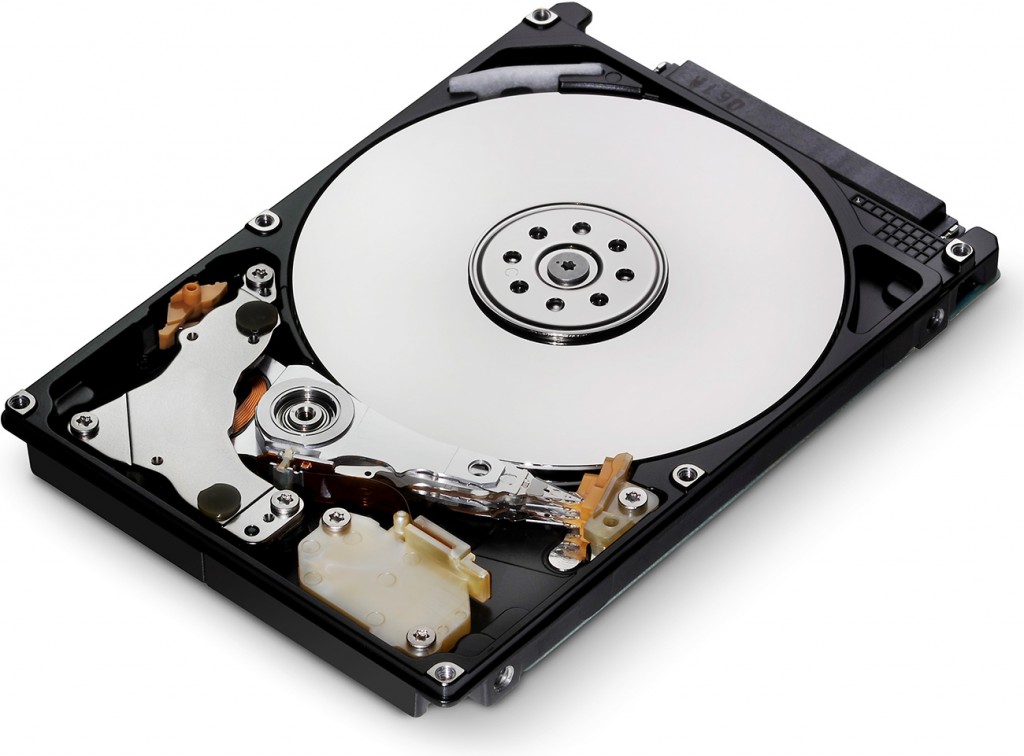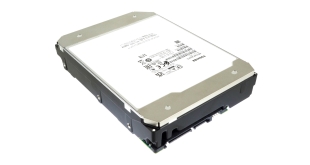Failure rate of consumer-class hard disk drives is a point of concern for many, if not all computer enthusiasts who build PCs themselves. Apparently, failure rate of hard disk drives heavily depends on manufacturing processes of particular manufacturers.
Last week a report from Backblaze, a cloud-storage provider that uses consumer-class hard disk drives and extensive replication mechanisms to store data, revealed that some modern hard drives from Seagate and Western Digital have abnormally high failure rates of over 10 per cent. By contrast, hard disk drives from HGST (formerly Hitachi Global Storage Technologies) are extremely reliable and have annual failure rate of about one per cent.
According to an HDD expert, who talked to KitGuru on a condition of anonymity, HGST’s drives have lower failure rate compared to competing products because testing procedures at HGST are more extensive than those at other manufacturers.
Before any HDD product goes to the market, every component of it is tested for reliability by all makers, including Seagate, Western Digital, HGST and Toshiba. However, only HGST extensively tests all of its consumer hard drives before shipping them to the market. This significantly lengthens its manufacturing process and limits HGST’s production volumes, but this also ensures maximum reliability of its HDDs and lowers their failure rate. By contrast, other HDD manufacturers rely on various built-in self-test capabilities of their hard drives.
Keeping in mind that failure rates of many consumer HDDs from Seagate and WD are generally not high, it makes a lot of sense for the companies not to extensively test all of their HDDs before shipping and only make sure that the drives turn on. This allows Seagate and WD to produce more drives than HGST and do it more cost efficiently.
HGST, Seagate and Western Digital did not comment on the news-story.
Discuss on our Facebook page, HERE.
KitGuru Says: It is impossible to say that hard disk drives from Seagate or Western Digital are less reliable than HDDs from other manufacturers only because the companies do not extensively test their consumer drives before shipping. Many components of modern HDDs are used by all makers, therefore, failure rates should be more or less similar across the industry. Still, extensive testing procedures of HGST allows the company to keep its failure rates at particularly low levels.
 KitGuru KitGuru.net – Tech News | Hardware News | Hardware Reviews | IOS | Mobile | Gaming | Graphics Cards
KitGuru KitGuru.net – Tech News | Hardware News | Hardware Reviews | IOS | Mobile | Gaming | Graphics Cards




As a retailer of computers and components, we find this very odd reading as we have seen countless Hitachi drives fail compared to the small amount of WD drives. Every laptop we see come in for a repair with a knackered drive, we place bets on which drive manufacturer it’s going to be this time out of Hitachi and Toshiba.
over here it is another way around, WD drives fails, i get countless laptops with failed WD drives and a few Toshiba drives, i did not seen dead Hitachi drive for years.
i had personally bad experience with WD drives for desktop PC, i got them 500Gb Blue and 1Tb Black.
the 500gb died after few month, and when i got replacement it worked for only 2 years. The 1Tb died just after as warranty expired.
But i have Hitachi and Seagate drives 8 and 9 years now working perfectly.
As someone who repairs a lot of laptops for friends and family and friends of friends family, i also notice a higher amount of Hitachi drive failures, with one exception a 10 year old Hitachi laptop i have here, that is going strong (minus the wireless card being not compatible with modern wireless tech) the HDD is only a few hundred GB but it is still toddling along without issue.
I do not see many failed western digital drives, but that being said, often when i get a “failed” Hitachi drive, simply running some rudimentary windows repair options and/or reinstalling windows tends to fix many of the issues that are presented.
After I was done reading Backblaze story, I decided to purchase HGST 4TB HDD for the server and this time it’s a enterprise class HDD. I can now rest to assume it wont fail with a 2.x million MTBF.
PhoneyVirus
https://twitter.com/PhoneyVirus
https://phoneyvirus.wordpress.com/